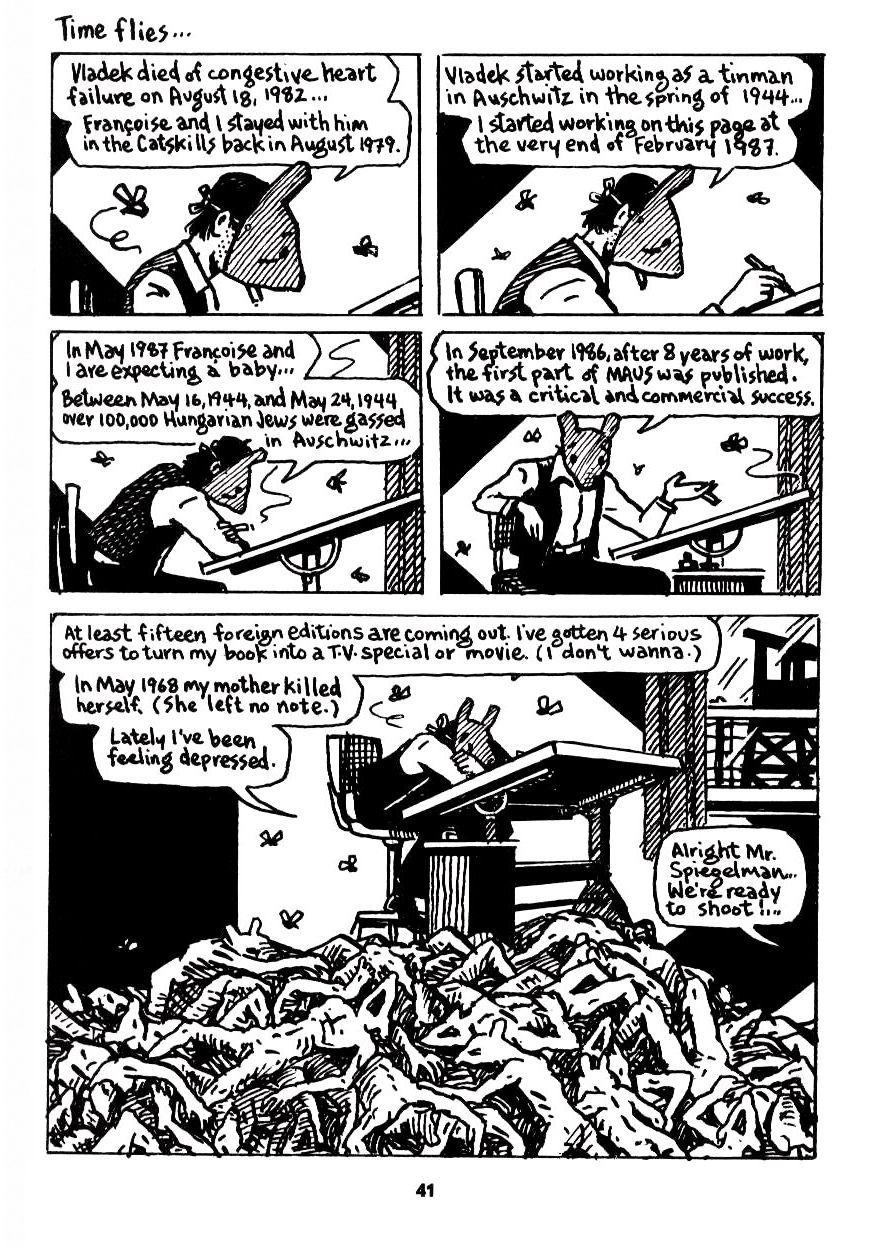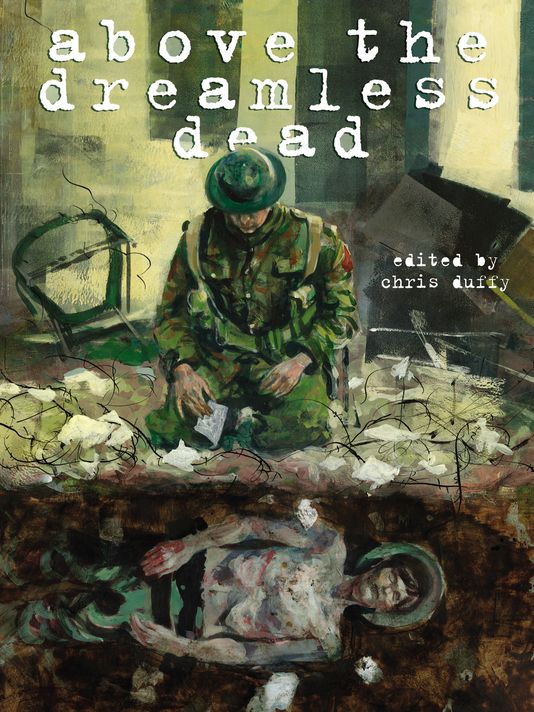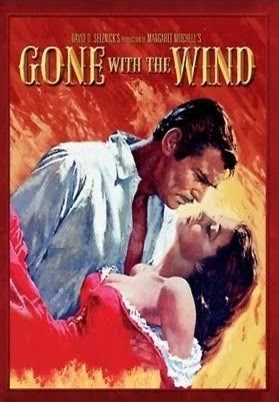Caroling Small: Questions about storytelling and representation and all those things are literary themes. But literary narrative is also a lot about the manipulation of device. Device is higher level than prosecraft, and lower level than theme. Maus fails at the level of the sophistication of its devices. It relies too heavily on symbolism, and straight symbolism in literature is less sophisticated than the more elaborate deployment of metaphor or metonymy. This is why so many literary people sneer at it getting the Pulitzer: it’s a good instance of “medium-specificity constituting a free pass.”
Symbolism is a component of metaphor on some level, but literary metaphor is bidirectional whereas symbols are unidirectional. The technical definition of a symbol is something like “using a concrete object to represent an abstract idea,” although the “concrete object” can be a “figure of speech.” (Notice the visual reference there to “figure” — in pure prose, a symbol is metaphorically concrete, but it still has to be concrete to qualify as a symbol.) But in literary metaphor the concrete drops away; instead you are juxtaposing two — preferably more — relatively ungrounded and fluid abstractions and having them structure each other.
(It’s also important to guard against the metaphor itself then functioning as a symbol; it needs to be integrated back into the narrative in some way, so that the metaphor illuminates character or theme or casts the plot in a different light, etc.)
This all happens very self-consciously in postmodern fiction, which calls attention to these things happening and generally integrates a self-consciousness about device into the theme, so that device in some way is always referenced by the theme. However, with the exception of the self-conscious self-referentiality, it happens in non-pomo fiction too — in Shakespeare, in Shaw, in Austen, in every literary writer. To get to something that uses symbols as directly as Maus you have to go back to the great Renaissance allegories — and they are so much more elaborate in the sheer quantity of symbols. There’s no puzzle to Maus — and Watchmen isn’t nearly as puzzling as The Fairie Queen.
So the more you’re able to connect a myriad of abstractions to each other and to the devices used to build the narrative, the more literary the work is. If there aren’t multiple abstractions interacting independently of whatever is happening concretely (so abstractions that are not symbols) and working in the service of the theme, the work is not literary.
Ware’s pretty explicit about his imagocentrism and his concern with the materiality of the page. But images are definitionally concrete. What happens when you’re imagocentric and concerned with the materiality of the page is you elide this layer of device and have a closer interweave between the concrete materiality and the highest abstractions of theme. This is a medium-specific property of comics — indeed of visual art — that makes it more difficult to build “literary” — or logophilic — narratives.
Even visual abstraction is concrete in the sense I’m using the word here, because it is working at that epistemological limit where the distinction “abstract/concrete” that is so native to, even constitutive of, the logos breaks down and you are faced with the material, visual word, evacuated of meaning. This is why the Imaginary and Symbolic are so named: the shift from the image-world, where the abstract is concrete, to the symbolic where they’re separated so that the concrete can be made to represent the abstract — that is the emergence of the logos (or in poststructural-ese, the founding gesture of differance).
Ware and Gilbert and to a lesser extent Clowes are all overtly concerned with the visual aspects of representation — it’s extremely hard to be a cartoonist and not be. This does not make them bad; this is not a criticism. It doesn’t even entirely exclude them from being thought of as a graphic mode of “literature”. But it does make them significantly less logophilic. Eddie Campbell might honestly be the only person working in a narrative mode in English who doesn’t fall victim to this — and an awful lot of people will derogate him by saying his work is either “mere illustration” or too verbose/literary. But he really seems to understand what’s missing, what’s different.
And, you know, honestly, on a much, much less sophisticated and theoretical plane, the actual prose that there is in American comics generally just blows. It’s ugly and colloquial and the writers apparently have the vocabulary of an average high-schooler. Regardless of how much prose you include in a comic, every single word of the prose you include should be _amazing_ — or you should pay someone to write it for you. If you love words, you put in great words. Period.
Illustrated children’s books, including but not limited to comics that include children in their readership, tend to be BRILLIANT at that, actually. But it’s really easier in children’s books, because the ideas are simpler, because there are less moving pieces — you can work with one device at a time rather than having to make the prose engage multiple devices simultaneously as well as multiple themes.







